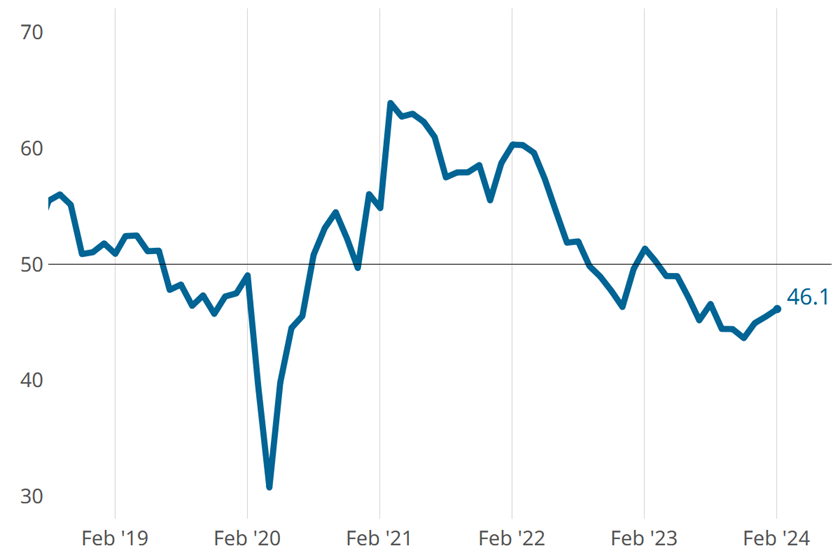Dot Commentary: "Thank God" for the Internet
When you write a column focused on the Internet, it's pretty easy to get wrapped up in the bad stuff.
When you write a column focused on the Internet, it's pretty easy to get wrapped up in the bad stuff.
That is especially true in a year when the web is struggling to prove itself as something more than a repository for sports scores, games, and pornography and in which the economy's tech-sector has been visited by one failure after another. But every now and then, something happens that makes you say "Thank God for the Internet." That was the case in the wake of last month's terrorist attacks on New York City and Washington D.C.
With many Americans at work that morning, most of us turned to the Internet-as opposed to television-for news as the tragedy played itself out. Sites like CNN.com, MSNBC.com and NYTimes.com offered up-to-the-second information, though many were bogged down by a surge of traffic unparalled in the history of the Internet. Some sites like CNN responded by scaling back the graphics on its site while others created mirror versions of their sites to dispense content inaccessible at their original location.
Within hours of the attacks, numerous web sites were offering disaster message boards, enabling families to inquire as to the whereabouts of their loved ones and for survivors to let their families know that they were safe. One site, NY.com, developed an interactive "Survivor Database" listing survivors of the World Trade Center collapse. Less than 24 hours after the strike, the database listed over 2,600 entries.
In the minutes and hours after the collapse of the World Trade Center, many of those trapped in nearby buildings-unable to use the telephones due to heavy call volume and disruptions in service-were able to communicate with loved ones via e-mail and Instant Messenger (IM) technology. And as flights were cancelled all over the U.S., e-mail lists were used to communicate offers of free meals and housing. "We are 30 minutes from Salt Lake Airport," wrote one man to a Princeton alumni e-mail list. "Plenty of room for stranded travelers and we can do an airport run to pick anyone up."
Many people offered condolences, sought answers, and expressed their rage at the attacks in chat rooms and discussion groups all over the web. A public discussion group was created on Yahoo Groups just minutes after the first attack. Hundreds of other discussion groups popped up throughout the day on sites like military.com and arabia.com.
Finally, in a show of compassion nothing short of remarkable, thousands of people made charitable contributions to the American Red Cross using online payment technology provided by Amazon.com and Yahoo!. Both sites waived all processing fees for charitable contributions. Within hours of the tragedy, donations had already approached $1 million.















